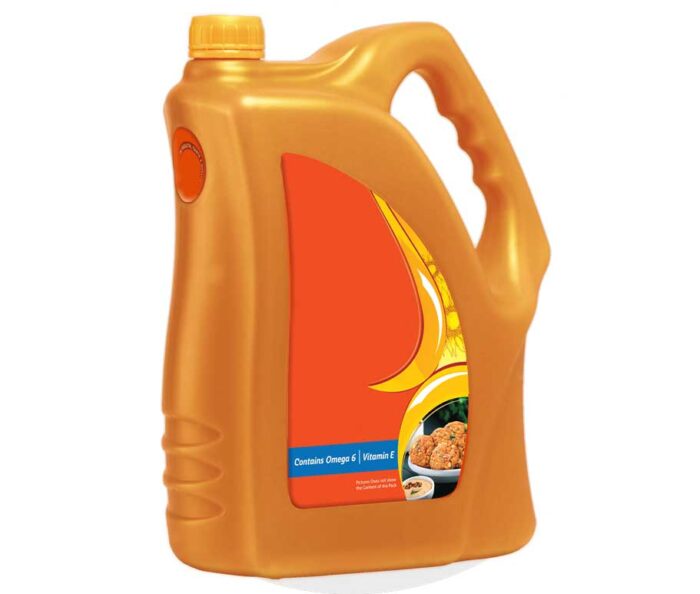Thirumala Plastics is one of the leading manufacturers of HDPE Cans, PET Bottles, Pet Food Containers, Pet Jars, Plastic Water Bottles and much more. HDPE jerrycans resist softening and swelling from aromatic components of fuels.
Their product range includes:
PET BOTTLES
Pharma PET Bottle
Plastic PET Bottle
Edible Oil PET Bottle
Chemical PET Bottle
Square PET Bottle
Round PET Bottle
PET Bottle with Ribs
Plastic Water Bottle
Plastic Hand Sanitizer Can
Plastic PET Jar
Plastic Disposable cups
Plastic Disposable glass
HDPE CANS
HDPE Milk Can
HDPE Jerry Can
HDPE Edible Oil Can
High-density polyethylene (HDPE) or polyethylene high-density (PEHD) is a thermoplastic polymer produced from the monomer ethylene. It is sometimes called “alkathene” or “polythene” when used for HDPE pipes. With a high strength-to-density ratio, HDPE is used in the production of plastic bottles, corrosion-resistant piping, geomembranes and plastic lumber. HDPE is commonly recycled, and has the number “2” as its resin identification code.
HDPE is known for its high strength-to-density ratio. The density of HDPE can range from 930 to 970 kg/m3.Although the density of HDPE is only marginally higher than that of low-density polyethylene, HDPE has little branching, giving it stronger intermolecular forces and tensile strength (38 MPa versus 21 MPa) than LDPE. The difference in strength exceeds the difference in density, giving HDPE a higher specific strength. It is also harder and more opaque and can withstand somewhat higher temperatures (120 °C/248 °F for short periods). High-density polyethylene, unlike polypropylene, cannot withstand normally required autoclaving conditions. The lack of branching is ensured by an appropriate choice of catalyst (e.g., Ziegler–Natta catalysts) and reaction conditions.
HDPE is resistant to many different solvents so it cannot be glued. Pipe joints must be made by welding.
The physical properties of HDPE can vary depending on the molding process that is used to manufacture a specific sample; to some degree a determining factor are the international standardized testing methods employed to identify these properties for a specific process. For example, in rotational molding, to identify the environmental stress crack resistance of a sample, the notched constant tensile load test (NCTL) is put to use.[8]
Owing to these desirable properties, pipes constructed out of HDPE are ideally applicable for drinking water, and waste water (storm and sewage).
Thirumala Plastic Industries
No 175/1, Mamuthy Amman Koil Street, Noothencherry, Madambakkam Post, Chennai 600 126. Tamilnadu, India
+91 9841 411036 / +91 9941 290942 / +91 44 49539557
thirumalaplasticind@gmail.com
http://www.thirumalaplastic.co.in/
You may also be interested in these manufacturers:
